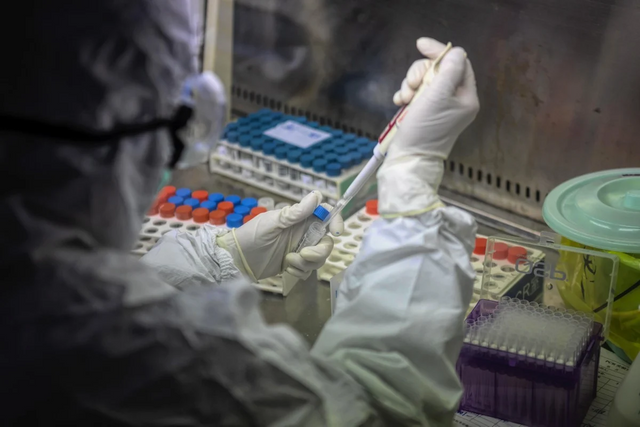
SARS-CoV-2 has proven to be a resilient disease because of it's ability to settle in the body without showing symptoms, perhaps indefinitely. To this end, I have first hand experience from several people that I know who have tested positive but have no symptomatic reactions to carrying the virus.
Whether or not they remain asymptomatic, only time will tell, but research has shown that these carriers are able to infect others who may not be so resilient to the devastating effects of the virus.
And important aspect to consider is the mutational rate of the virus. Up until now, it was assumed to be very low. Traditionally speaking, most viruses tend not to mutate very quickly nor to a significant degree. But there is new research that suggests there are a growing number of permutations, both of their strains, and also mutations.
In-fact, the individual strains with unique mutations are showing up at three separate "sites" which researchers understand to be very rare, even unprecedented.
It was previously thought, that mutations on the spike protein would make the virus less likely to invade cells, but there is evidence now to suggest otherwise as some strains are believed to have an increase of over 200 times the viral load over others.
It's difficult to know exactly which strain you have been infected by (it's basically a dice roll) and whether you can over come it or not is even more unknown. This is perhaps the reason why some countries are largely unaffected, how many superficially weaker people seem to shrug it off, whilst the strongest and culled.
What makes matters worse, is that there are people who have been discovered to have multiple infection of multiple strains. Combining the strains would most likely have a more devastating effect, as well as being far more deadlier.
One idea suggested by research is that SARS-CoV-2 may be swapping it's genetic make up with other coronviruses, presenting an even complicated combinatoric problem. But this also means that the response (such as vaccines) are now far less likely to work given the diversity of the virus.
What is more likely, is that we'll have partial vaccines (like we do with flu) and we'll have to use these in combination with other Prophylactic drugs to stem further transmission.
Certainly, the virus has continued to surprise the best of us and there are likely more twists and turns to come. We know so little about it at this point that governments are beginning to divulge larger amounts of funding towards research in understanding this virus much better. For the rest of us, we must continue to avoid the virus like the plague for as long as possible until something viable comes out to tackle the underlying.